Music theory is the language musicians use to communicate with other musicians among a few other things including that theory ties a set of interconnected principles together.
It is an excellent idea for any aspiring musician to learn music theory if they want to work with other musicians or understand why things sound the way they do.
More importantly, is the fact that an understanding of the fundamentals of music theory will allow you to analyze your work and the work done by others and then replicate the sounds you think are cool. There are many benefits to learning it.
Learning music theory is worth it because it gives you a theoretical framework to understand and then apply musical concepts to your own music and the music made by others. Additionally, you’ll learn commonly used terminology which makes communicating with other musicians easier.
If you’re serious about playing music, music theory will help you quite a bit, although, it’s certainly not 100% necessary. No matter how much music theory you learn, it will help you in the long run. Learning the basic to advanced rudiments can have a massive impact on your writing and understanding of music.
Knowing how to replicate things by ear demonstrates knowledge of music theory but without the ability to put a name to what you’re doing. But I digress, let’s talk about some of the other benefits of learning this stuff.
Why Learning Music Theory Is Worth Your Time
1) Music Theory Allows You To Communicate With Other Musicians
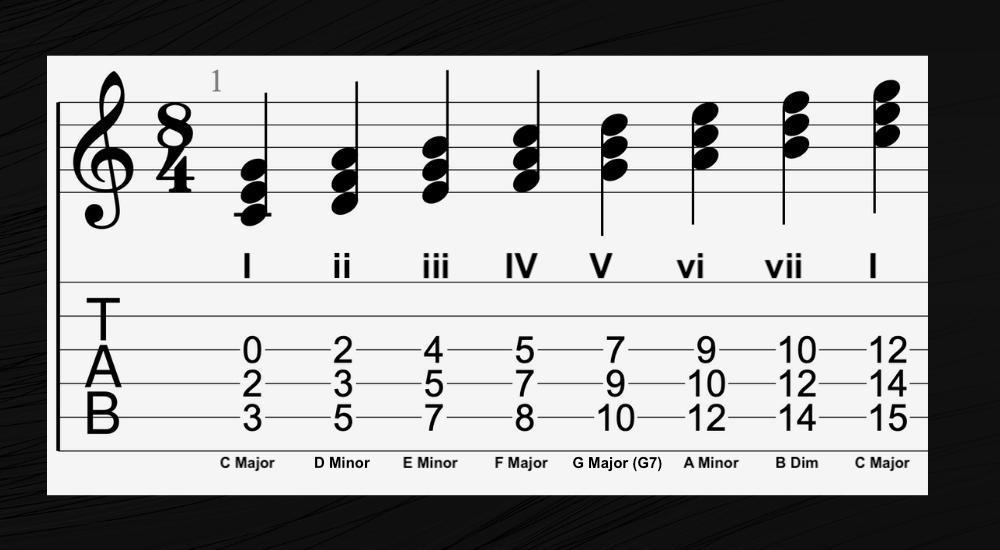
Music theory features a set of commonly used terms that can help you communicate well with other musicians. And rhythm and pitch are probably two of the biggest parts of music theory. Knowing the names of things is crucial if you’re trying to work with other people, although, you can get by if your knowledge isn’t the best.
Like I’ve said in my other article here on music theory, much of it is based on simple mathematics and pattern recognition, which means it’s a universal language just like mathematics.
It’s true that western music theory is different from other parts of the world, but most seasoned musicians will know western theory whether they’re from the west or the east.
2) Music Theory Allows You to Pick Up and Learn Another Instrument Easier

No matter what instrument you’re familiar with or currently learning, the ideas you’ll learn from music theory studies will apply to it. Like I said earlier, it’s a universal language that will help you understand pretty much any instrument.
As soon as you pick it up, it will make some sense because you will know what parameters you can base your playing on. The first example that comes to mind for me is chords and their inversions which is discussed very well in PianoForAll (get it here).
Chords and their inversions are applicable to the piano in the same way that they are on the guitar, which means that once you learn how to use them, construct them, etc, you’ll have an incredibly useful tool on both instruments (and every other one too).
3) You Can Fill Out Ideas or Use Music Theory To End A Creative Block
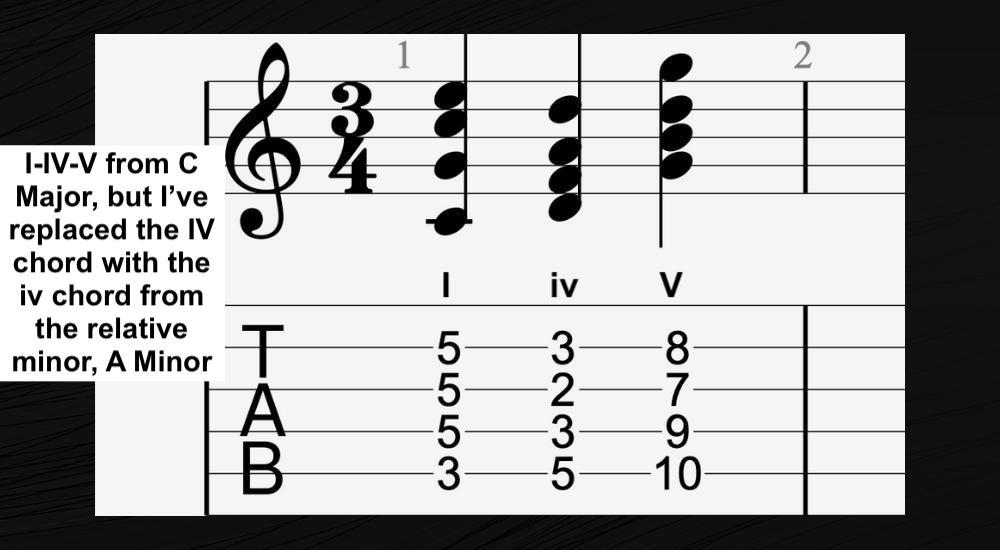
Ideas will come and go, and creativity follows a similar pattern. If you aren’t used to dealing with a creativity slump, you can have a complete mental block that lasts way too long. One great way to always have options for getting out of your mental block is by using ideas you’ve learned about from music theory studies.
Modal mixture, for instance, which is pictured above, is something I first learned about when reading The Musician’s Guide To Theory and Analysis from Jane Piper Clendinning.
It never even occurred to me that you could just take another chord from a parallel minor/major key and then add it to your progression, even though this is technically “incorrect,” according to the theory (by the way, there’s no such a thing as music being “correct”).
As I’ve said before, music theory is not a set of rules. It’s an attempt to explain why things sound good. And through the study of why things sound the way they do, you’ll learn a lot about the possibilities of music which is a great way of explaining the term that I got from Wikipedia.
There are interesting tools you can use if you are stuck playing three open chords and don’t know what to do or add to it, or maybe another key that will be nice to change to. With the help of the circle of 5ths and similar concepts, you would know precisely what would sound good or the way you envision the song.
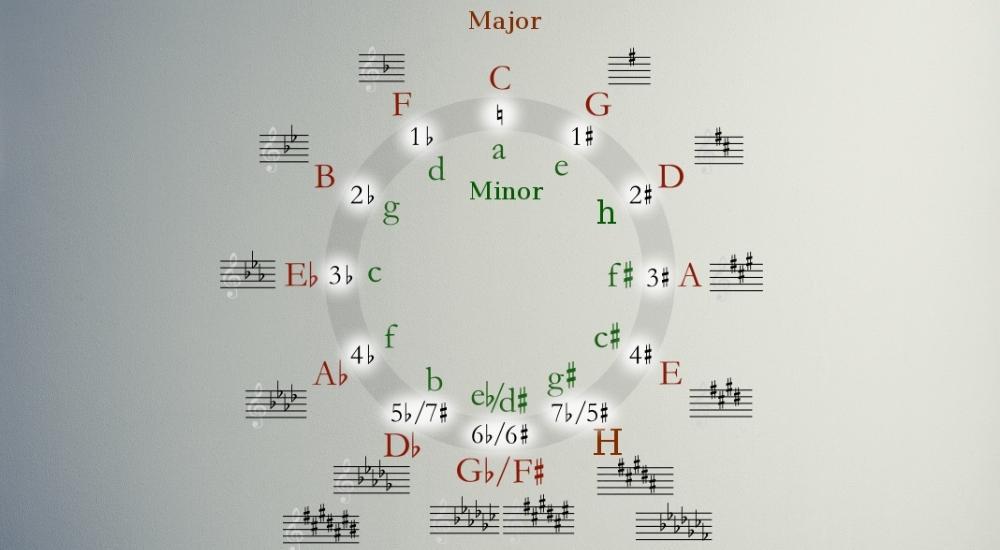
4) Music Theory Can Be Used To Analyze Why Another Piece of Music Sounds Good
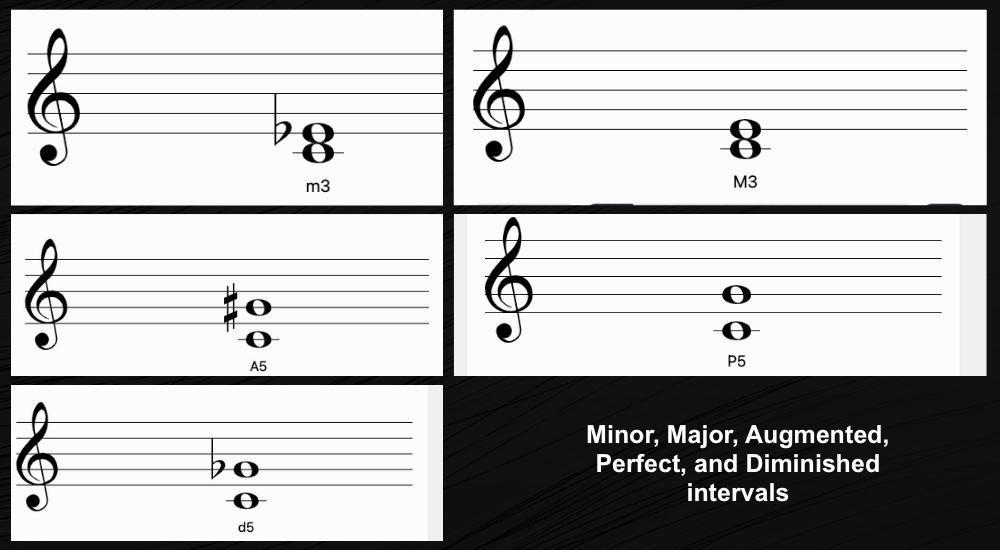
One of the best things about music theory is it’s a fast track to understanding just how compositions are formed. When you have a well-trained ear, and you know some of the commonly explained concepts in music theory, you can guess how the song is going to go just by listening to the first few chords (even just the first chord in many cases).
Rick Beato is great at this in his “What Makes This Song Great” series in addition to his analysis on top Spotify songs. If you watch a video like this one, for example, Rick can identify the chords in a song almost immediately without looking at tabs, sheet music, or really anything else.
That said, it’s important to note that you wouldn’t be able to do this nearly as well with more harmonically sophisticated music like jazz.
The best way to get started with music theory is to get an All-Access Pass from Punkademic and then go through his J. Allen’s Comprehensive Music Theory course. We’ll talk more about this course in a second.
5) Music Theory Makes It Easier To Figure Things Out By Ear
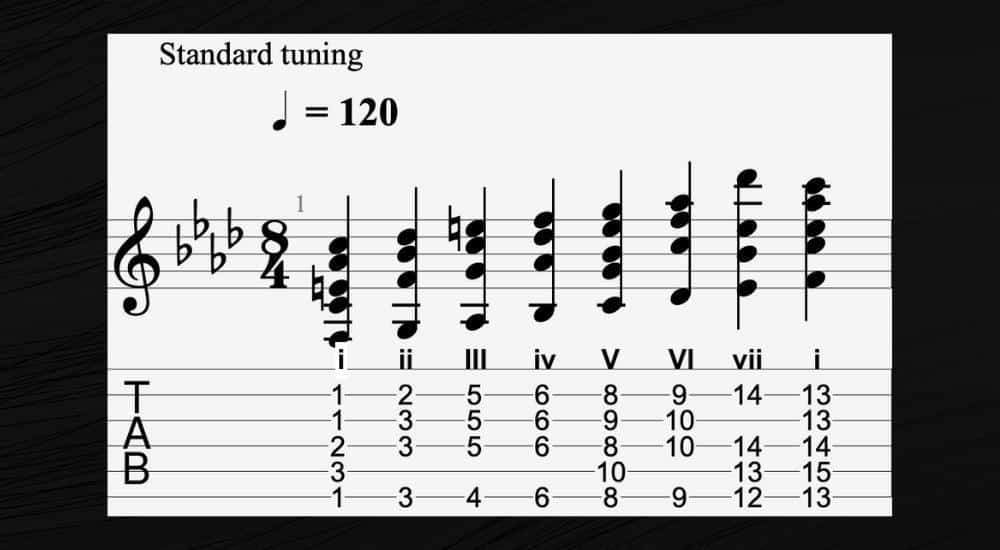
There are commonly discussed patterns in music theory with the biggest and most important one being the chords and notes of the diatonic major scale including the modes which I’ve explained in this article before. Another big one is the harmonic minor scale, which is pictured above.
You can see the scale degrees of that scale, and being familiar with it will give you a pretty good idea of where a piece of music commonly goes if it’s using any of the chords from it.
While you can “play by ear” without knowing any of this, knowing the names of these concepts will help you a lot. This is how you “play by ear” you understand the intervals and what key they represent.
A key signature is a set of notes that have been proven to sound good together. The key of the song could be anything from a major to a minor and can tell you what the second chord could be. Each chord is a new clue, and if you are good enough, you could be able to play by ear as soon as a note is used.
6) The Basics of Music Theory are Easy To Learn
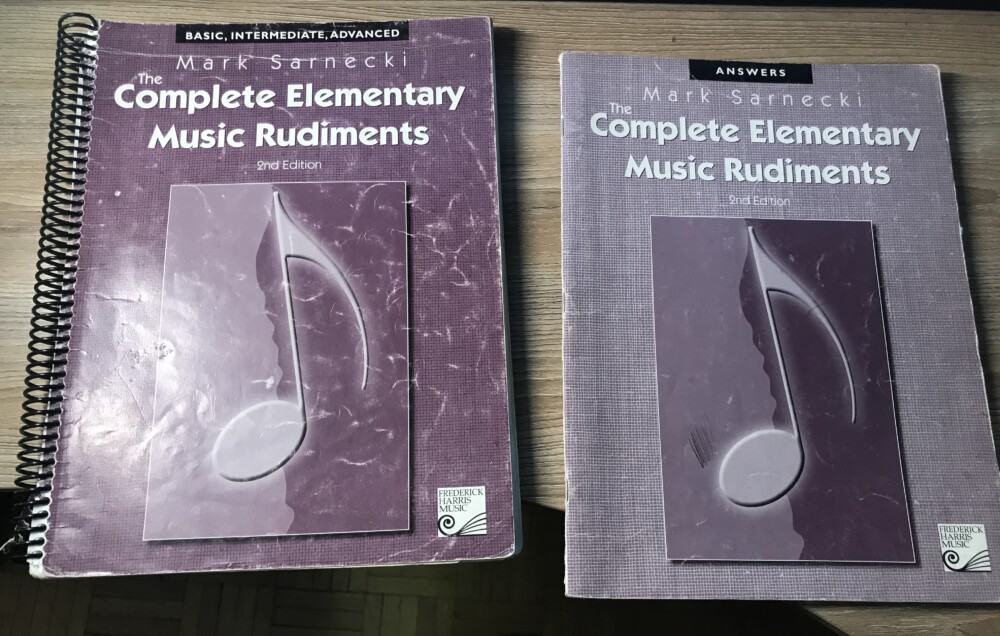
The basics of music theory are touched on in Mark Sarnecki’s Complete Elementary Rudiments and the Answer Book.
Coupled with the Punkademic course that I mentioned earlier, going through Mark’s book pictured above after having finished the music theory course will have you well-versed in the most important music theory concepts.
What’s nice about the study of music is that the basics are very easy to get a handle on. In fact, when I went for the Royal Conservatory Examination here in Canada, there were A LOT of young kids taking the exact same exam as me. I even remember being kind of embarrassed because I was 21 or 22 at that time.
What I’m trying to say here is that if a 10 or 11-year-old kid can understand these principles, I think you can too. The basics of learning the notes on the instrument and how they are written on the staff will only take you a couple of weeks of diligent practicing to get.
Once you’re over that hump, you can learn the diatonic major scale and from there (and if you have a good teacher), everything will start making a lot of sense.
That’s really when the fun of theory starts because you’ll begin connecting different principles and ideas and you’ll have a better understanding why something sounds good and why others don’t.
7) Once You Know Music Theory – You Know It
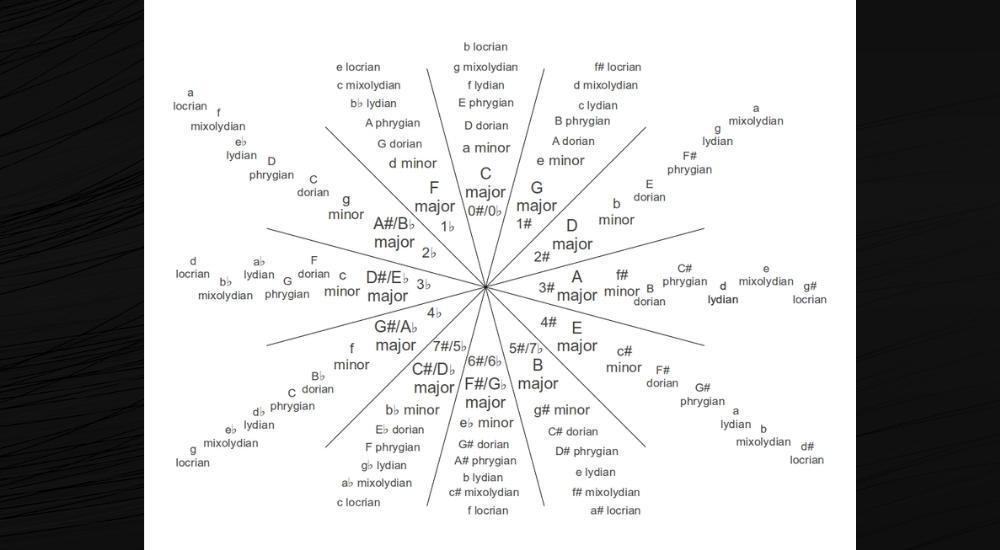
Yes, there is a lot of info out there on music theory and how to play music, but after you know it, you know it. The best practice is to get into a habit of reviewing theory for at least 10-15 min per day.
This way, it’s not overwhelming as you get to understand the fundamental principles, and you are still moving forward without detracting from learning the song.
In my other article on how to learn theory, I said that I like to write out the chords that I’m currently messing around with, their notes so I can make arpeggios out of them, and then I write the commonly used chords in the key and scale that I’m working with.
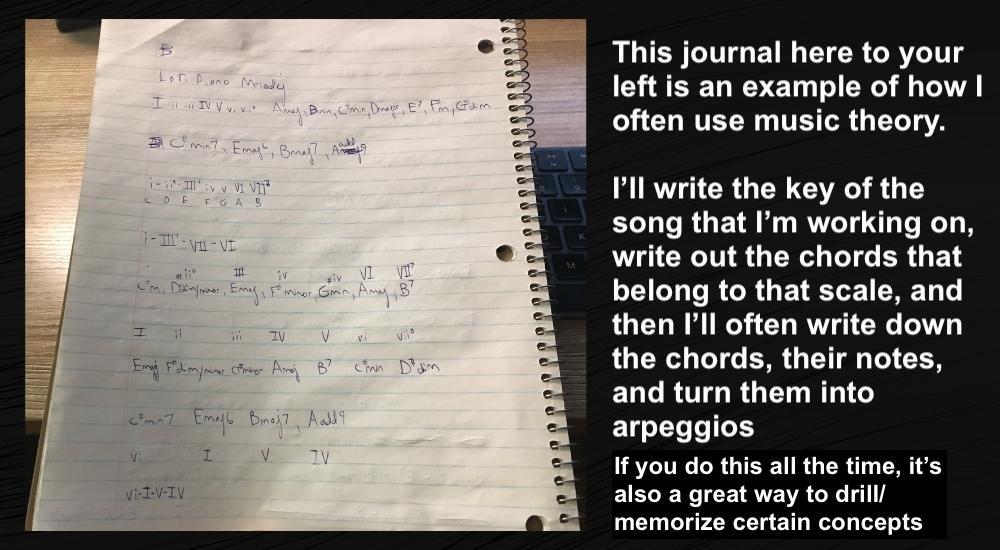
This is a great way to drill some ideas like the chords of the diatonic major scale, the harmonic minor scale, or the melodic minor scale. It’s also a great way to practice the fundamental chords and their inversions.
Additionally, by creating your own arpeggios, you can get a handle on intervals, where those notes are on your instrument, and how they sound in a particular musical context.
8) You’ll Have More Confidence if You Know Music Theory
![Confidence - Is It Worth It To Learn Music Theory [ANSWERED]](https://producersociety.com/wp-content/uploads/2021/11/Confidence-Is-It-Worth-It-To-Learn-Music-Theory-ANSWERED.jpg)
When a musician first starts out playing an instrument, they tend to gravitate always to what is comfortable. That usually comes down to something they’ve already learned and can easily apply.
Learning more music theory will only expand the way you play because you’ll have a world of opportunities opened up to you.
One less obvious perk is that musicians who aren’t theoretically proficient will respect you a bit more because you have knowledge of something that they find intimidating.
The dark side of that however is that a lot of those same people will have very high expectations because they think that theory is some kind of magic that allows you to create Beethoven-quality compositions.
And when they see that you aren’t capable of creating music like Beethoven, they’ll become disappointed. One piece of advice I’ll give you is to avoid talking about music theory in a “know-it-all” way around people who don’t know as much as you because this will come back to haunt you.
Stay humble and respectful and your hard work will be more appreciated.
9) Music Theory Will Save You Time
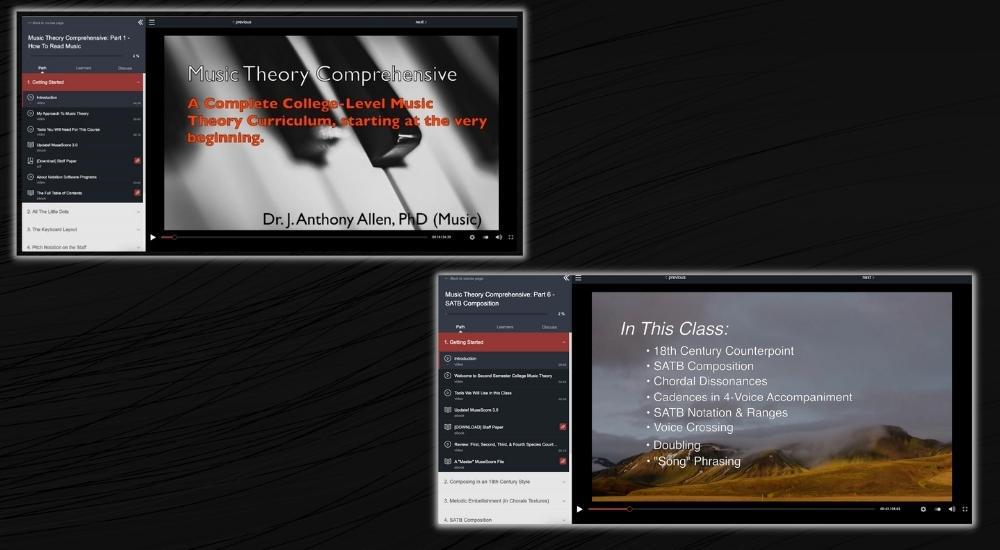
Instead of spending hours in Trial and Error mode, you’ll be able to hear a couple of notes and understand exactly what another musician is playing. From the first few notes, you’ll understand exactly what the artist was trying to do and the direction the piece could go.
This will only work if you know music theory and can quickly decipher it as you listen. A couple of years ago I had a girl in my apartment and she was great at playing the nylon acoustic guitar. Granted, she didn’t know what she was doing theoretically but she clearly knew how to play the instrument.
Just from the first few notes she played, I knew she was in the key of G major which is probably one of the easier and most common keys to play with as a guitar player. She thought it was so cool that I knew of a thousand different things to play just based on a few chords.
By understanding what key you’re in, and how the corresponding scale looks on your instrument, you can save hours and hours of your time noodling around to find other notes that sound good.
10) Many Music Theory Principles Are Immediately Applicable
![JamTracks - How to Learn Music Theory - [The Definitive Guide]](https://producersociety.com/wp-content/uploads/2021/11/JamTracks-How-to-Learn-Music-Theory-The-Definitive-Guide.jpg)
Most people agree that one hour of practice per day is what you need to be good at anything over time. Theory, if boring, and practice, if monotonous, can be done together in bite-sized chunks that make up an hour, and since theory only helps the more you learn, It’s worth it to learn a little every day.
Really, you only have to practice for 15 to 30 minutes per day to get really good at something.
An hour up to 4 hours is ideal if you’re trying to be a master at something, but a small amount of time daily will go a long, long way. I love jamming over backing tracks, for instance, and JamPlay has an ever-expanding library of them on their site.
11) Learn What People Like To Subvert Expectations

There are certain sounds and progressions that people are just so used to, and knowing what these patterns are can help you a lot. The ii-V-I progression or the I-IV-V progression, for instance, are extremely ubiquitous and you know that by playing either of them, most people will like what you’re doing.
And with this knowledge comes the ability to subvert their expectations. For instance, you could do what I mentioned above to add in chords and other musical ideas to play something that a person likes but in a way that’s slightly unlike what they’ve previously seen. Frank Zappa was great at this kind of thing.
Important Things to Note About The Utility Of Music Theory
1) Don’t Be Afraid To Learn Because It’s Not As Hard As You Think
Don’t be scared to learn music theory, it can be overwhelming if you don’t go slow enough to absorb the information.
Taking smaller chunks and really understanding them will help you more in the long run instead of rushing through and not understanding each thing. Don’t make excuses not to learn it unless you really don’t care. Personally, I think it’s awesome and incredibly fascinating.

 Written By :
Written By :